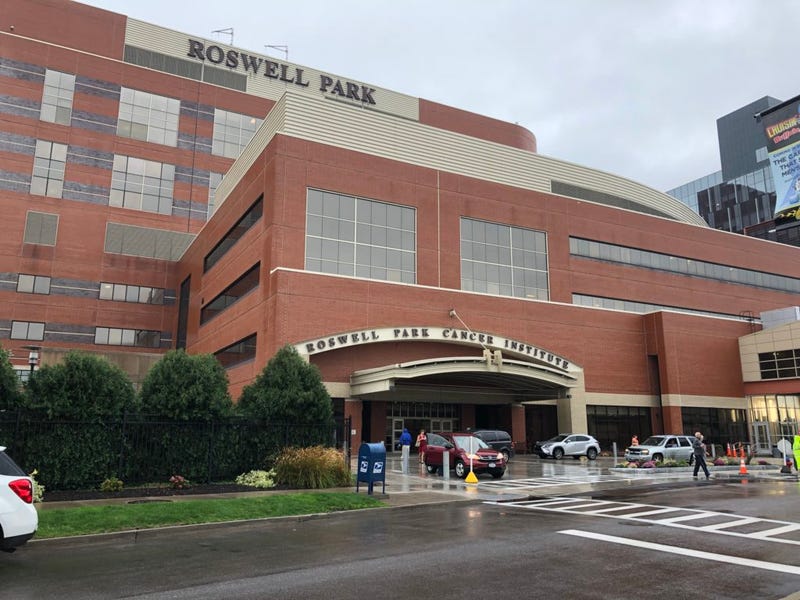
Buffalo, N.Y. (WBEN) - Former President Joe Biden and his family are considering treatment options after he was diagnosed with an aggressive form of prostate cancer.
"This is very common," said Roswell Park Urologist Dr. Bradley Webster on WBEN. "Overall, here's a 1-in-8 chance of a man in his lifetime being diagnosed with prostate cancer. At that age, (Biden is 82), we're not routinely checking PSAs (Prostate-Specific Antigen, a protein produced by the prostate gland). It's kind of a case by case basis."
How often is prostate cancer found at this stage, where it's described as aggressive?
"It's not the most common situation. But it does happen. Some may not have had their PSA checked in several years, or not ever. Suddenly they have symptoms such as blood in the urine or not being able to urinate, or back pain. We see it periodically."
The White House acknowledged that the former President had a Gleason score of 9 and said the cancer had metastasized to the bone. What does that mean?
"When we diagnose prostate cancer, we do a biopsy. We get tissue from the prostate. We give it a score. It's called the Gleason score. It goes from 6 to 10. Ten is the most aggressive. A higher score is more prone to spread. One of the most common places it like to spread is the bone, specifically the lower back, the spine or pelvis."
What can be done at that point?
"In this situation, an 82 year old man, most likely surgery would not be an option for him. It could be a combination of radiation and hormone therapy. That's where we cut off testosterone production. That's a fertilizer that feeds prostate cancer."
While it is incurable, Dr. Webster said it is manageable.
As with any cancer, early detection has the best outcome.
"Our guidelines recommend screening starting at the age of 45 for most, with African American men urged to get screened as early as age 40. And checking it every year through your late 50s and 60s and then it's on a case by case basis," Dr. Webster said.
